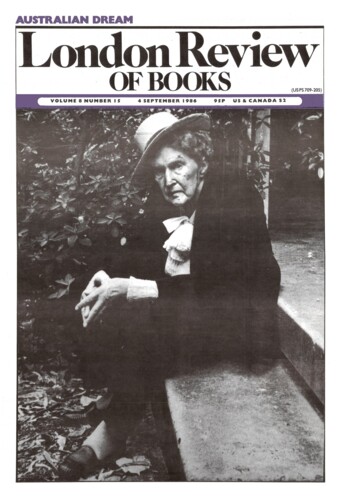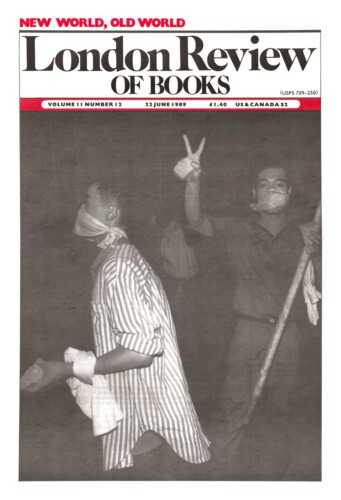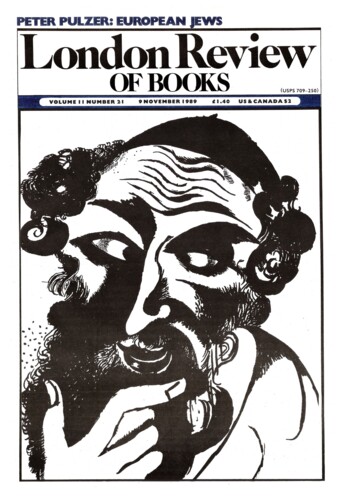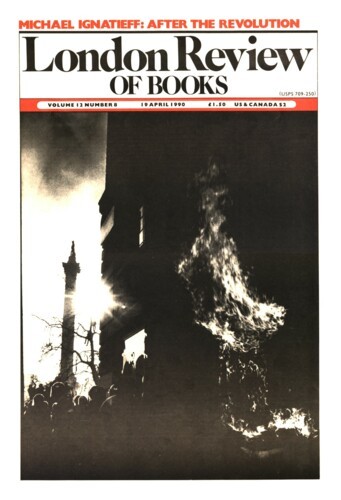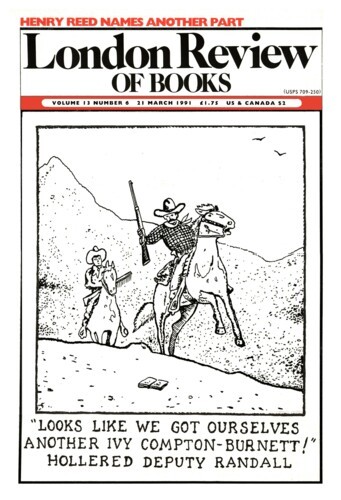Forty-Eighters
Peter Pulzer, 4 September 1986
The Reading Room of the British Museum is now completed, and if London had nothing but this hall of the blessed, scholars would make it well worth their while to make a pilgrimage here. All the sorrows of the outside would disappear in the mighty rotunda, and it is so quiet in this region of the eternal spirits that one can follow a thought into one’s inmost recesses … Never has wisdom been made so comfortable for the student. Each one has a place, with a desk and accessories, and he needs only to signal for the folios to come floating down from every region.
